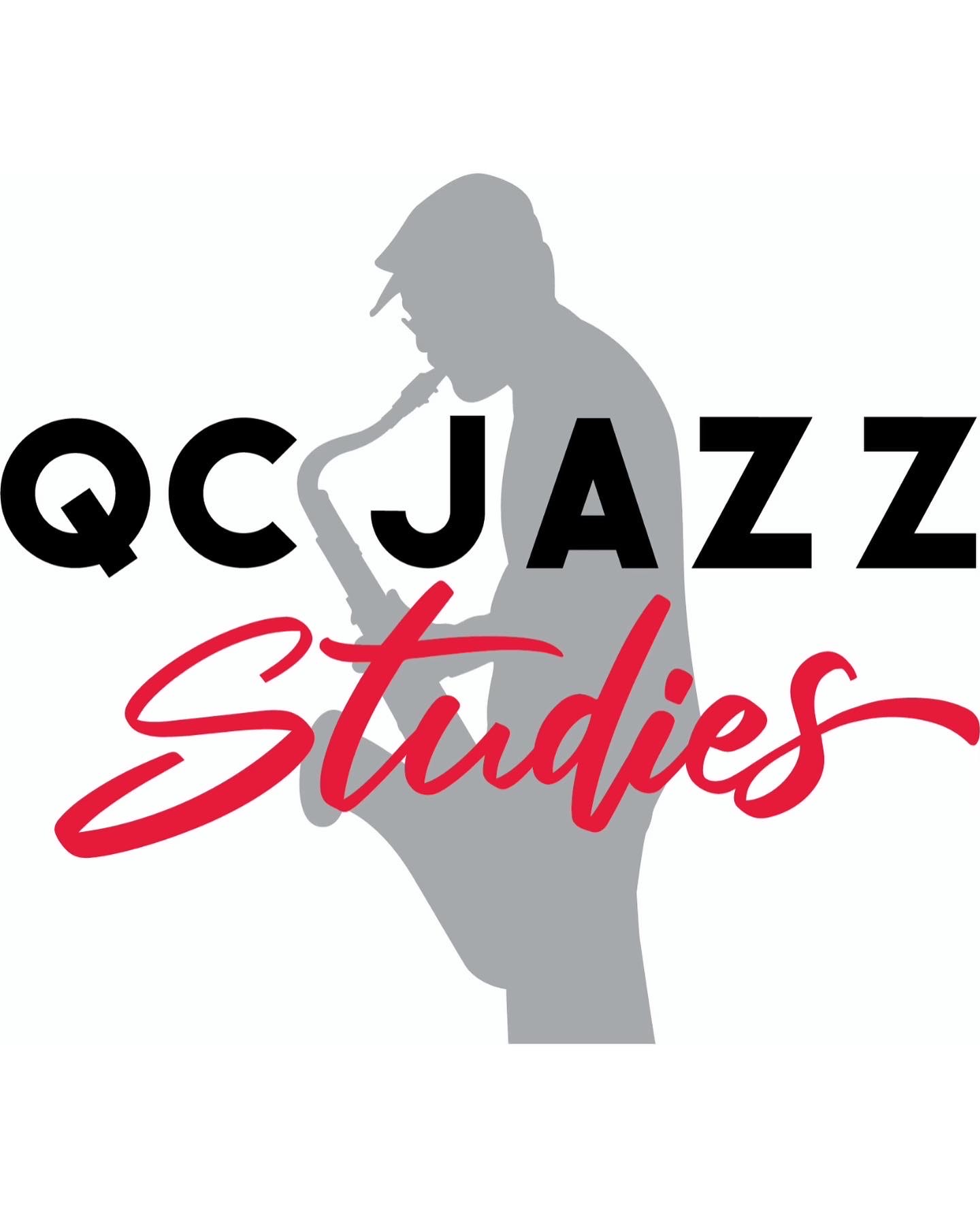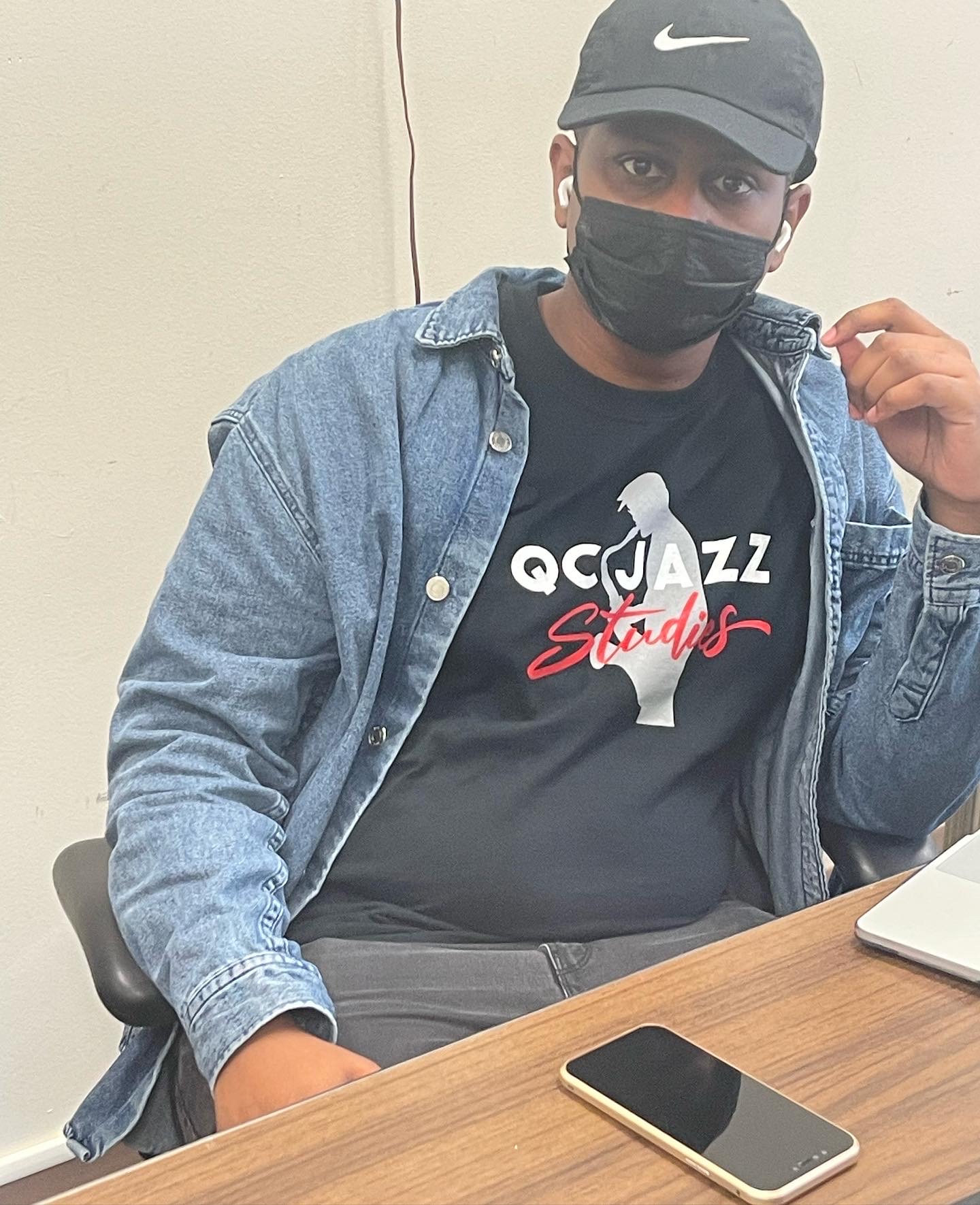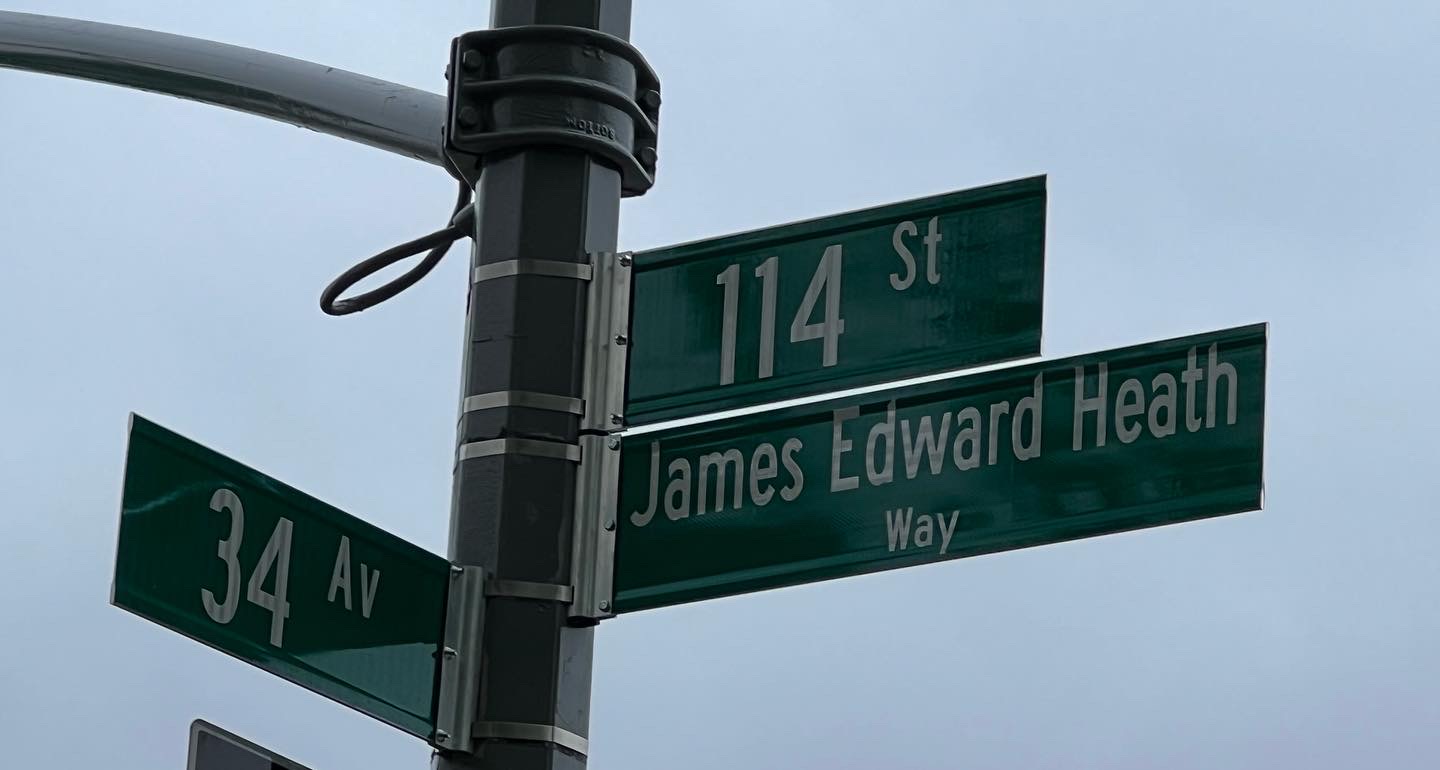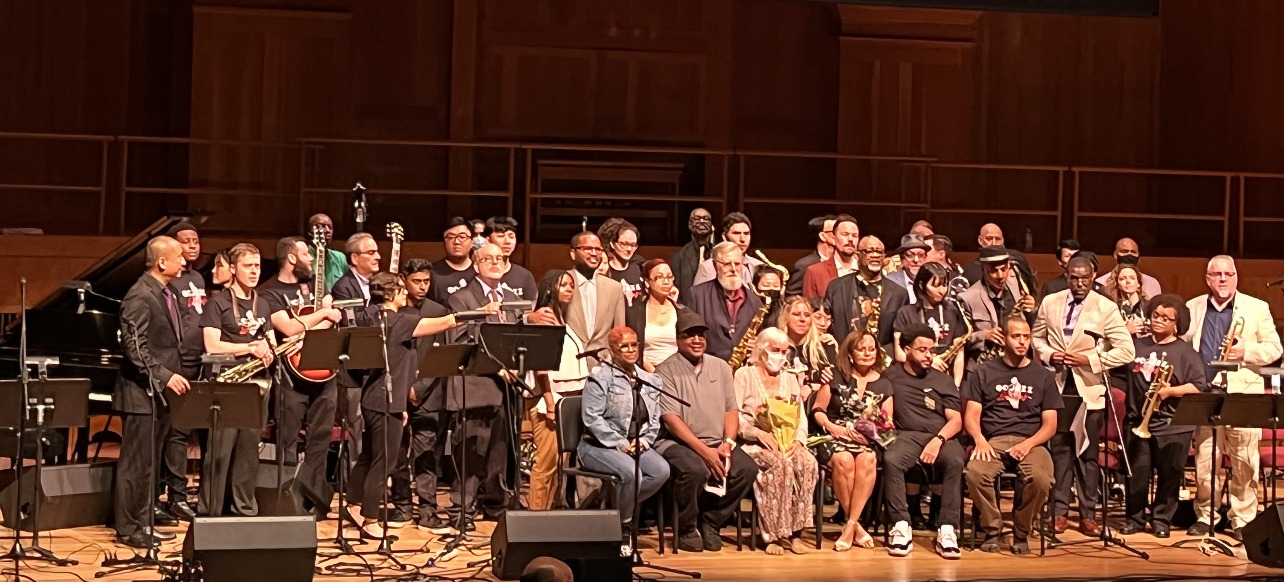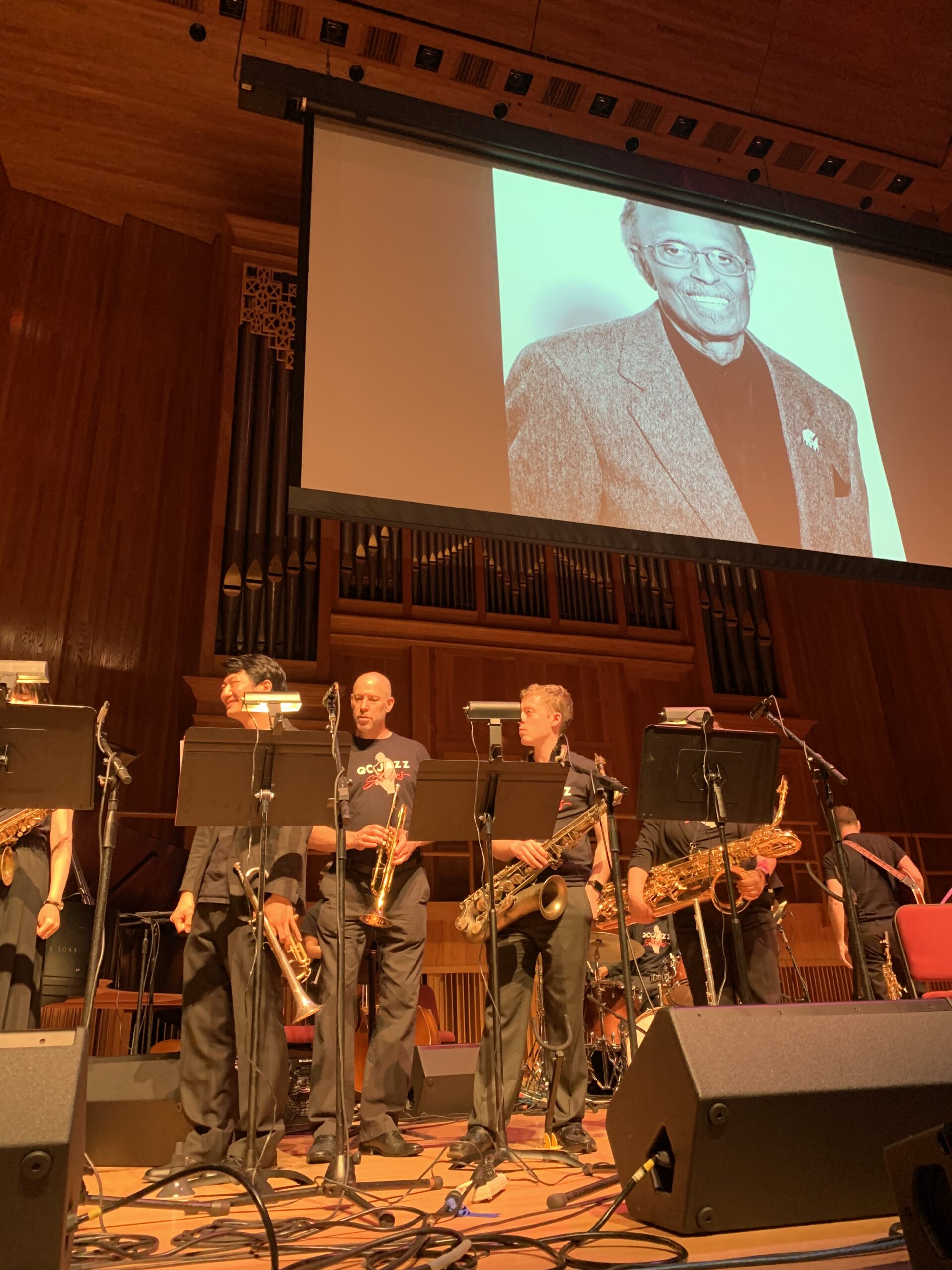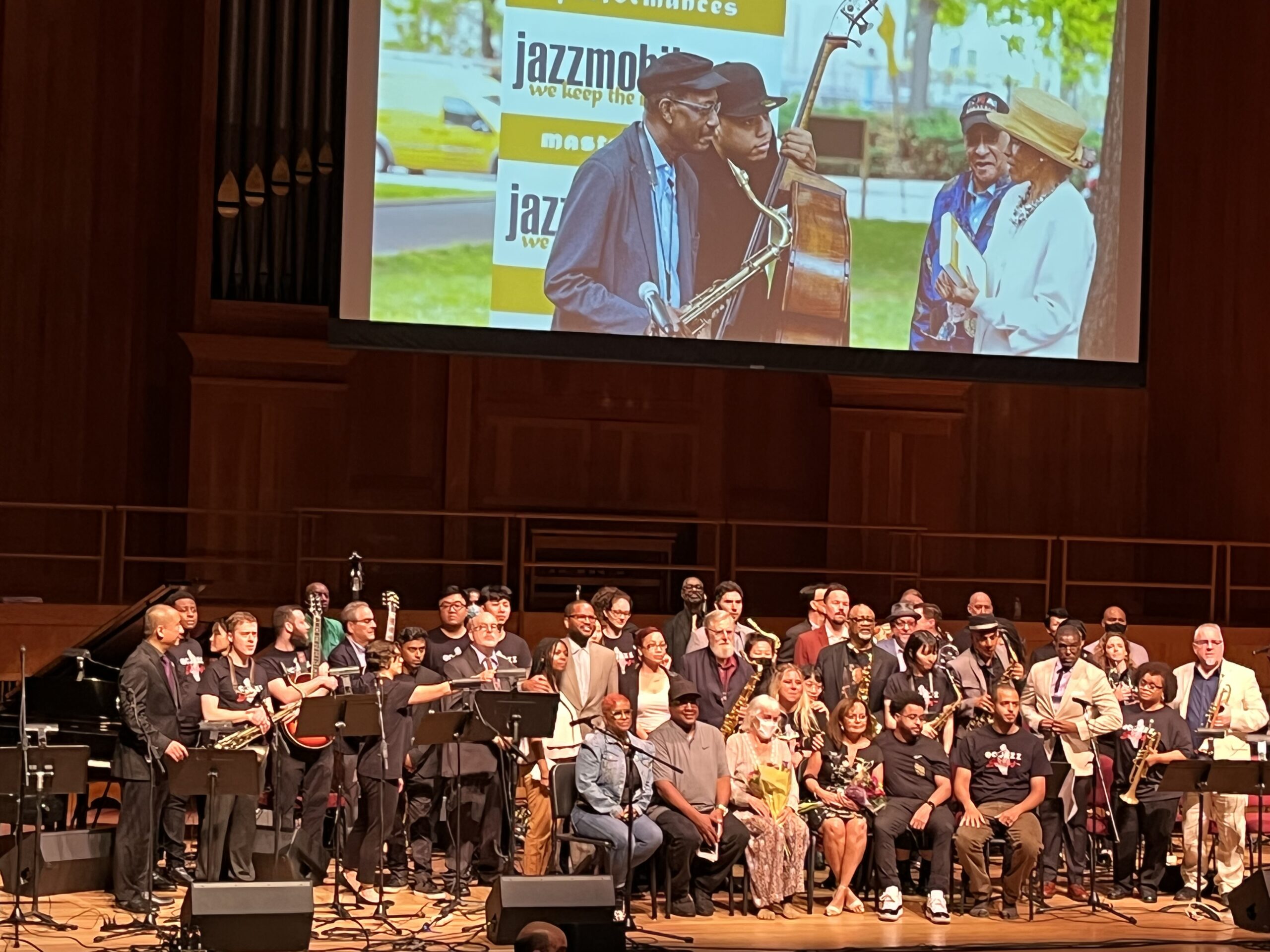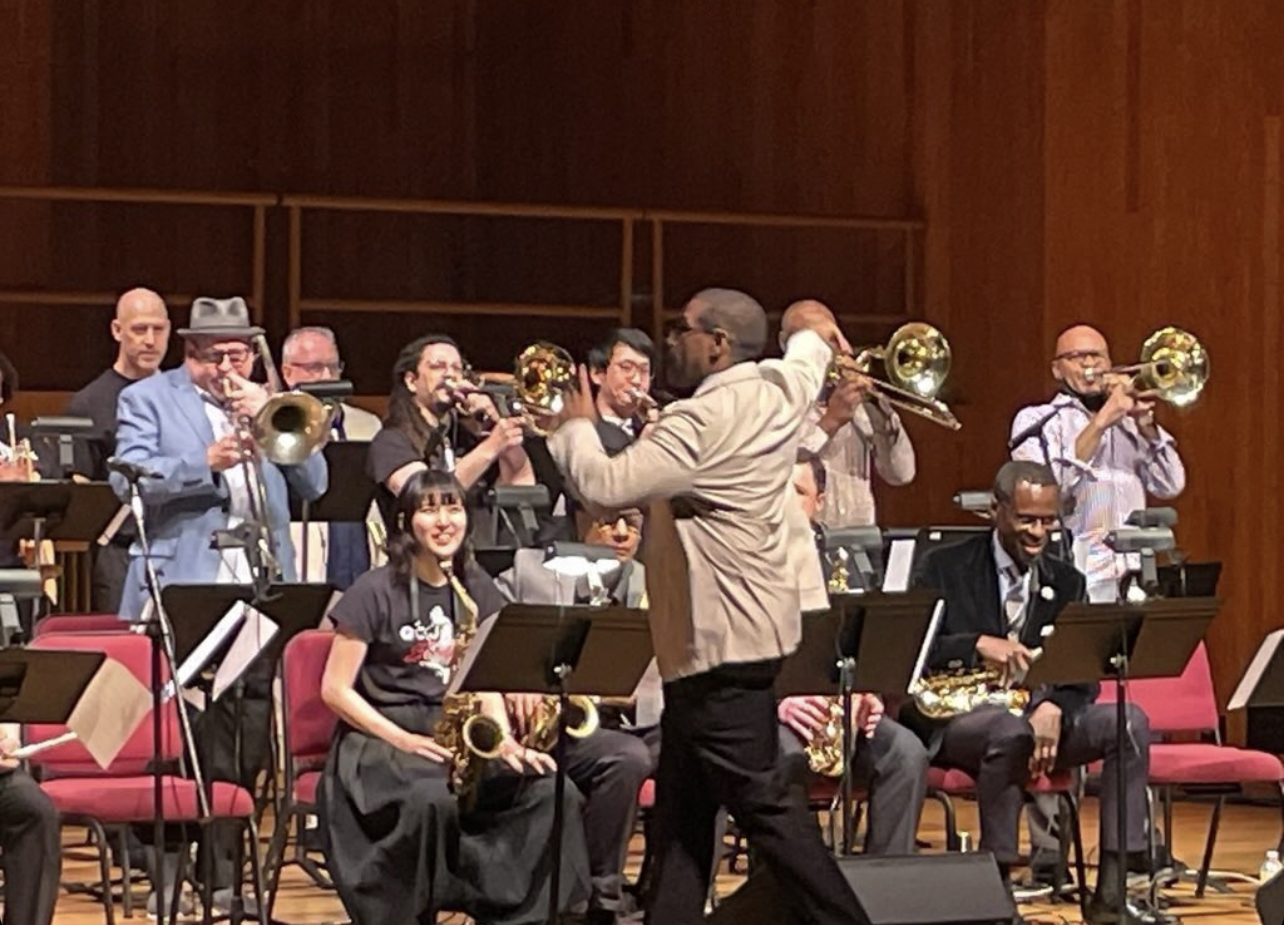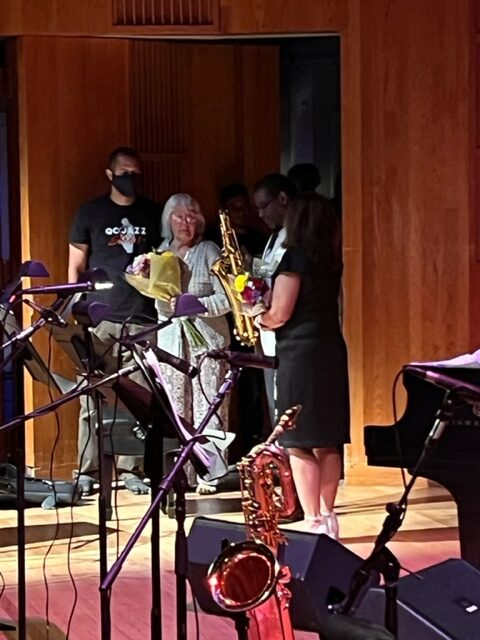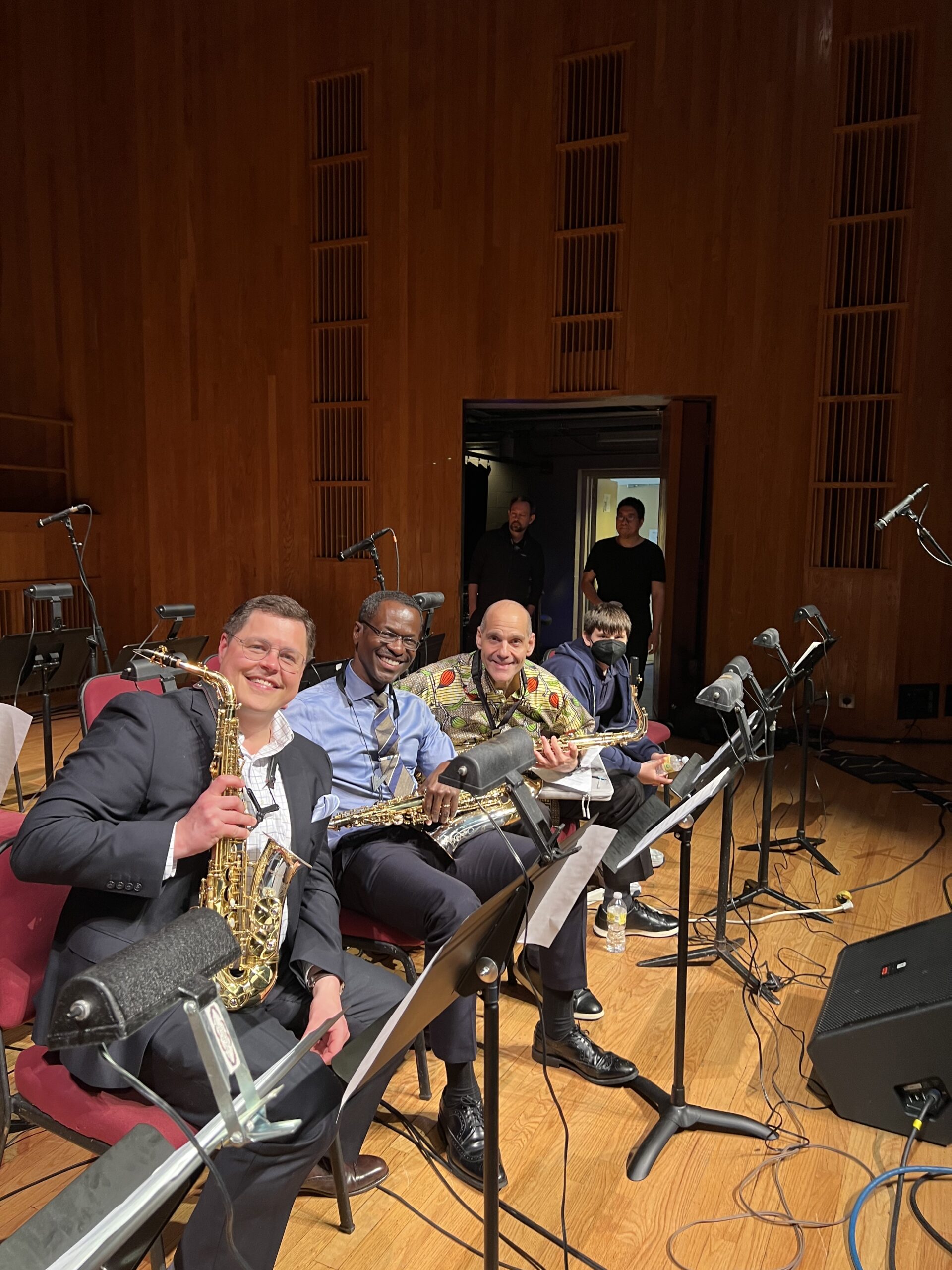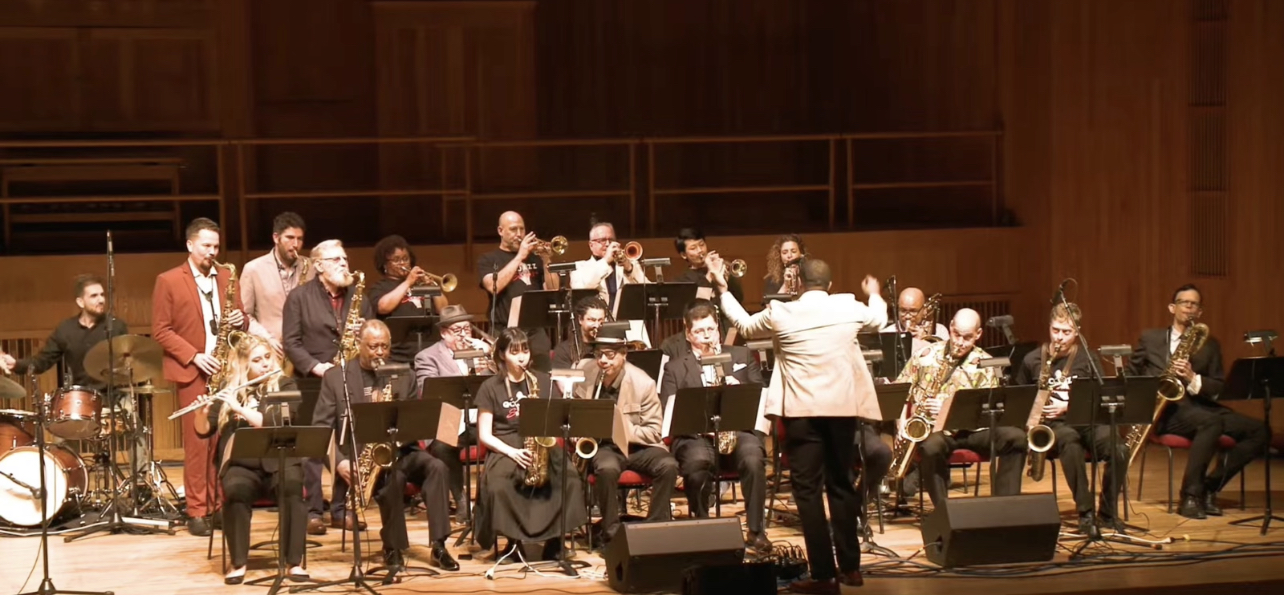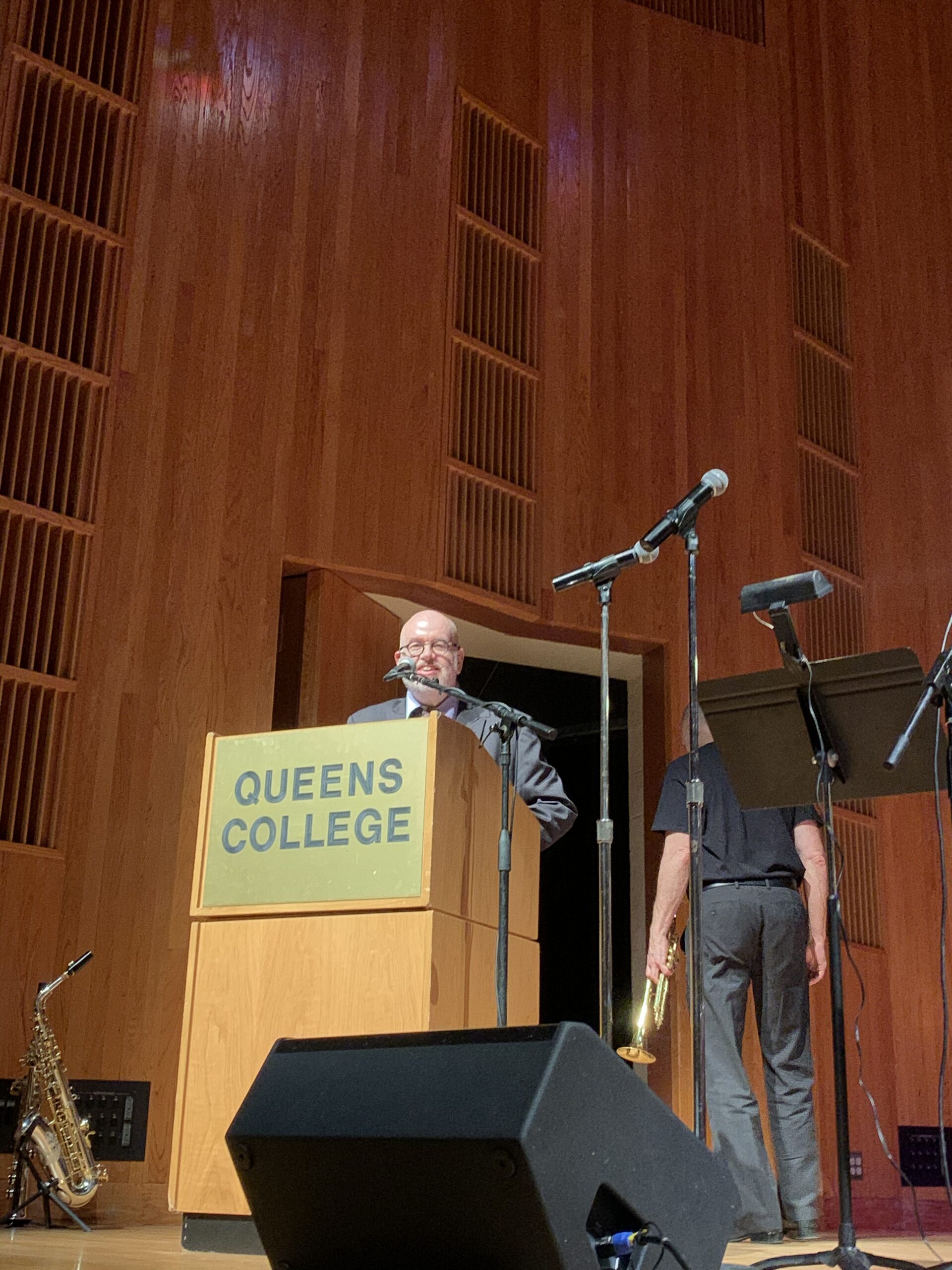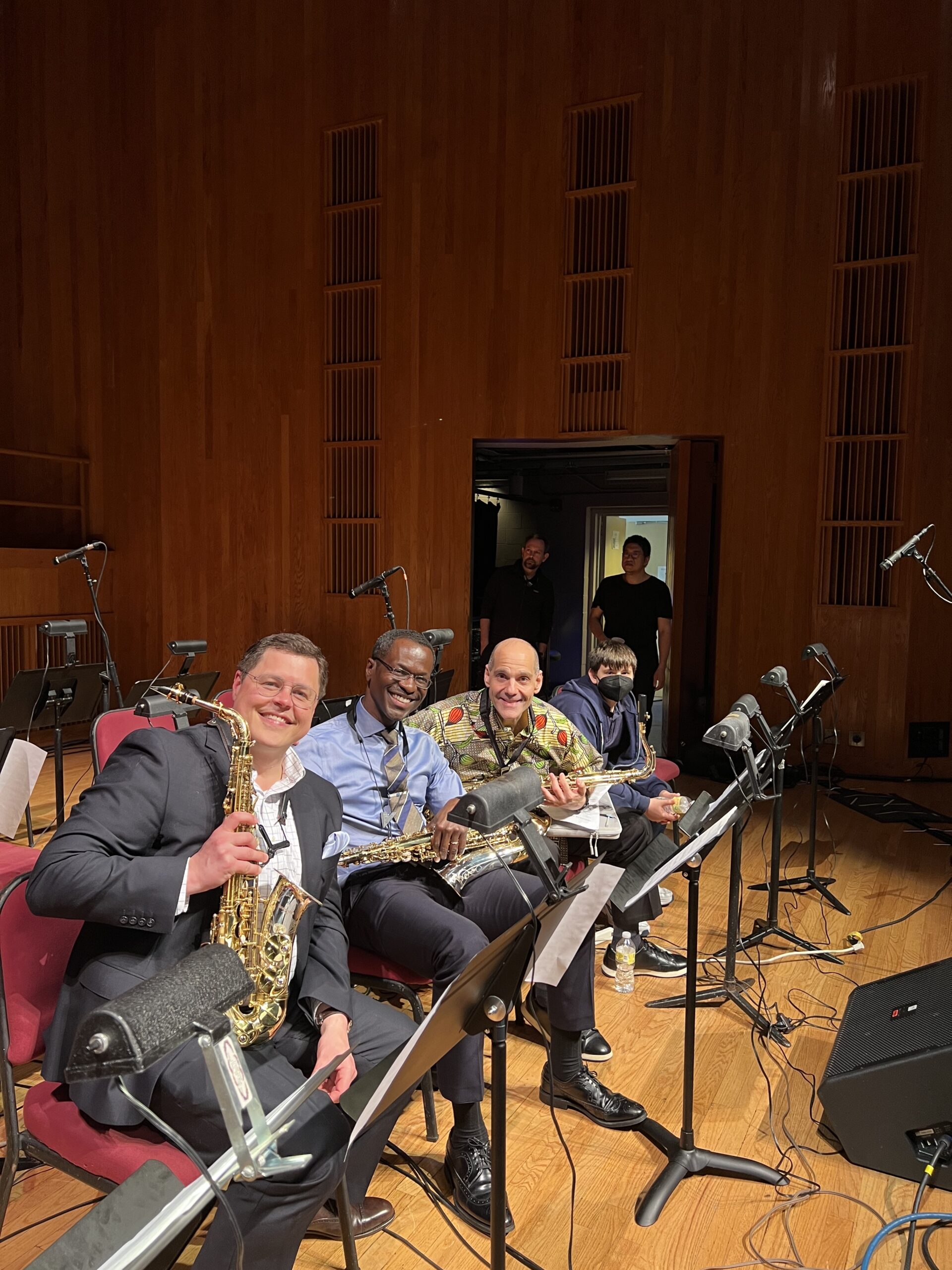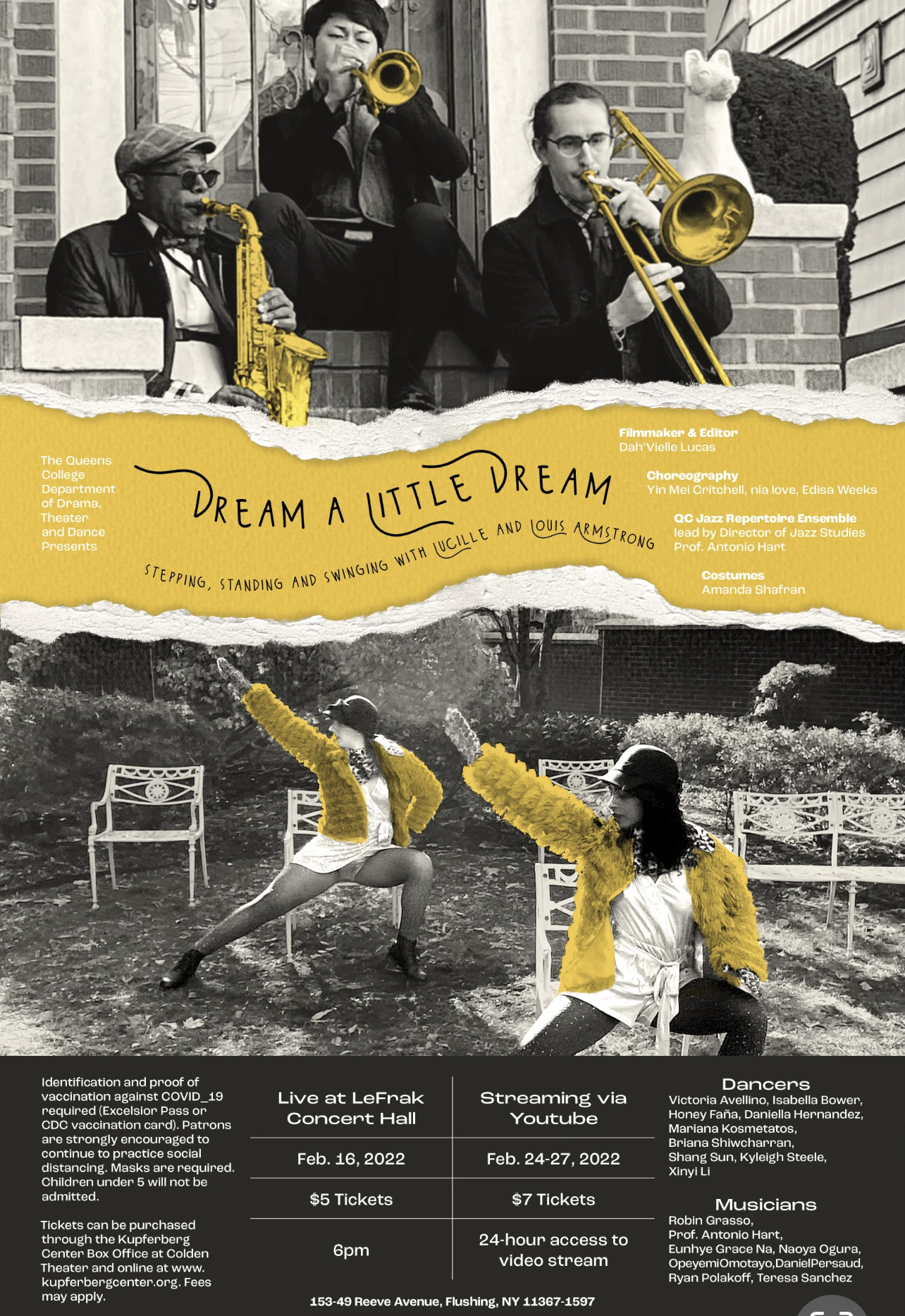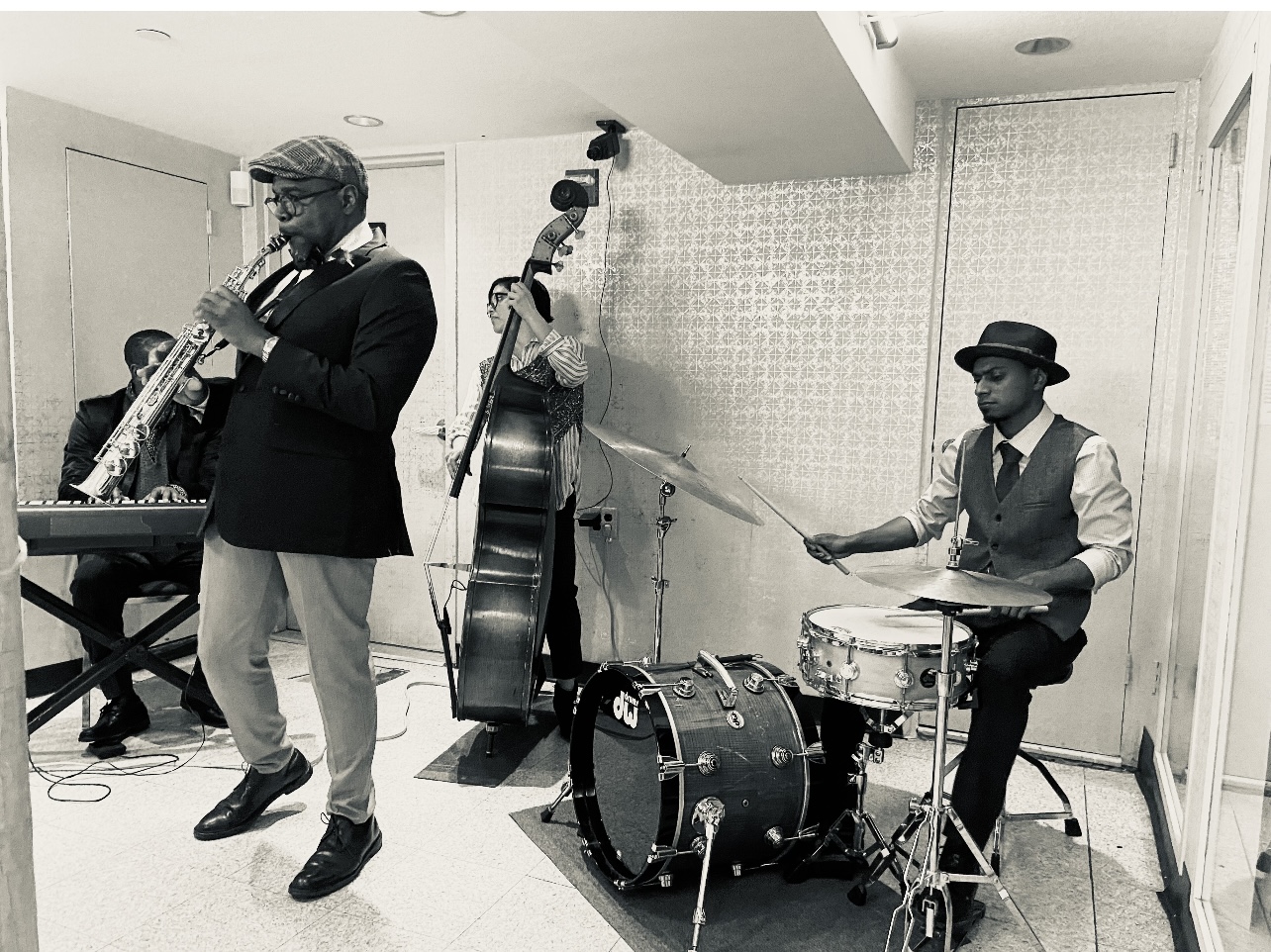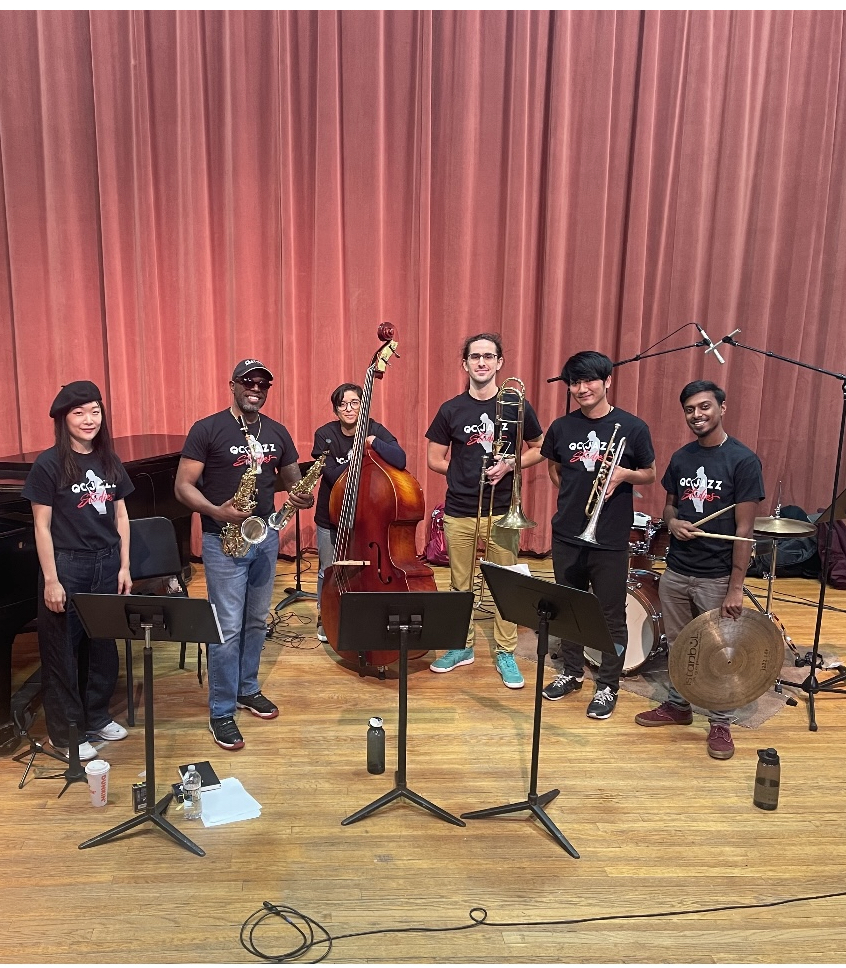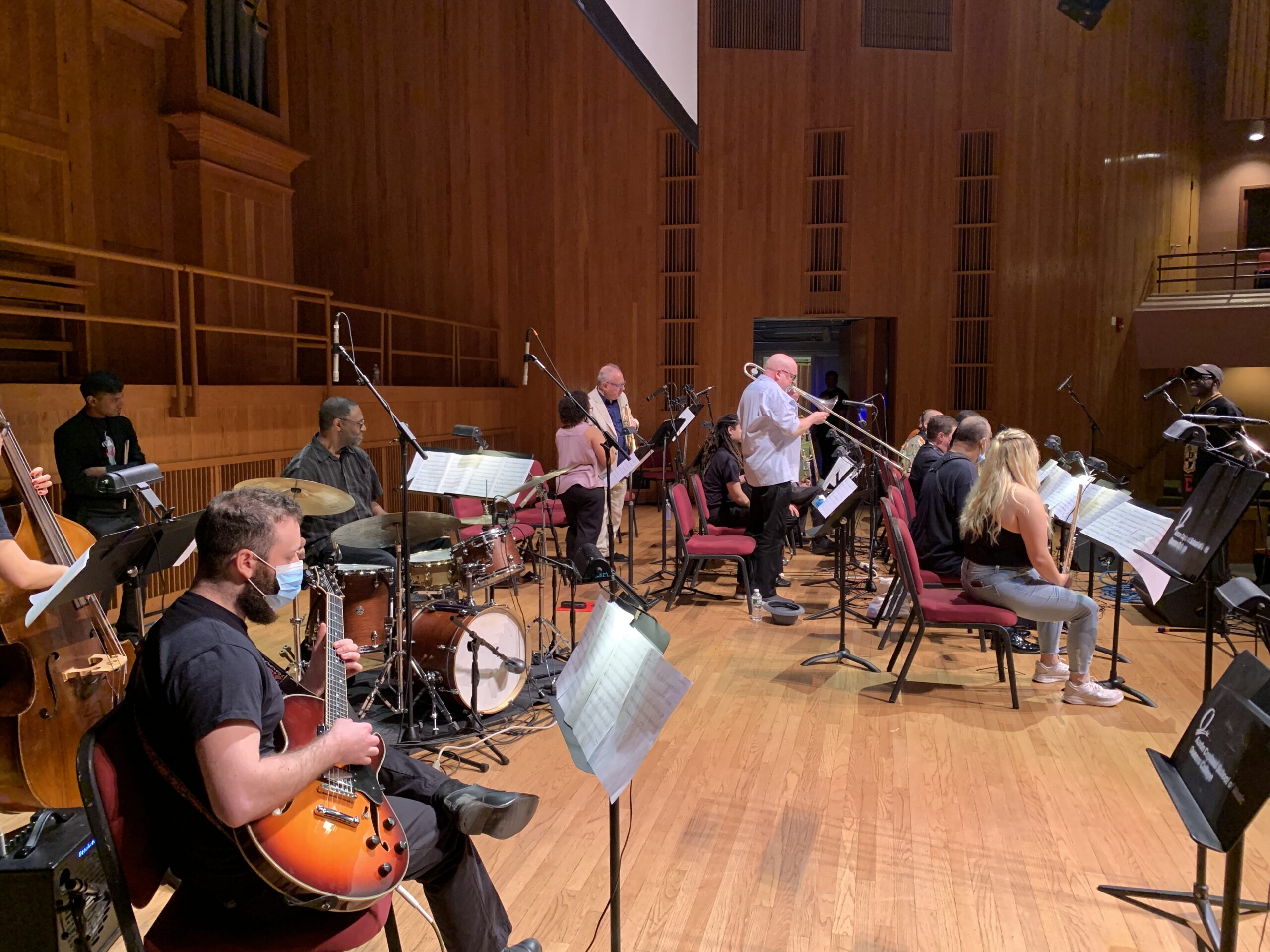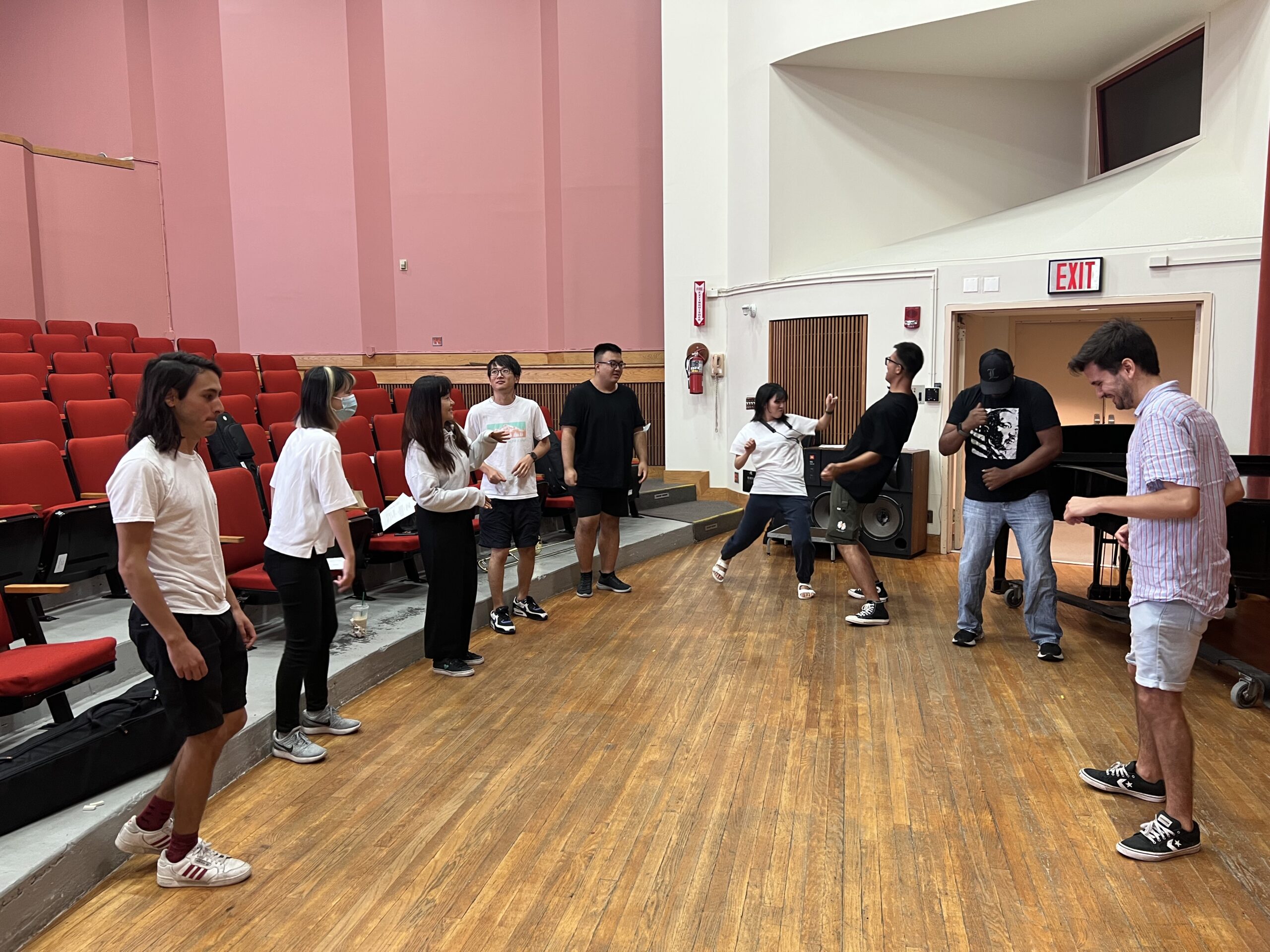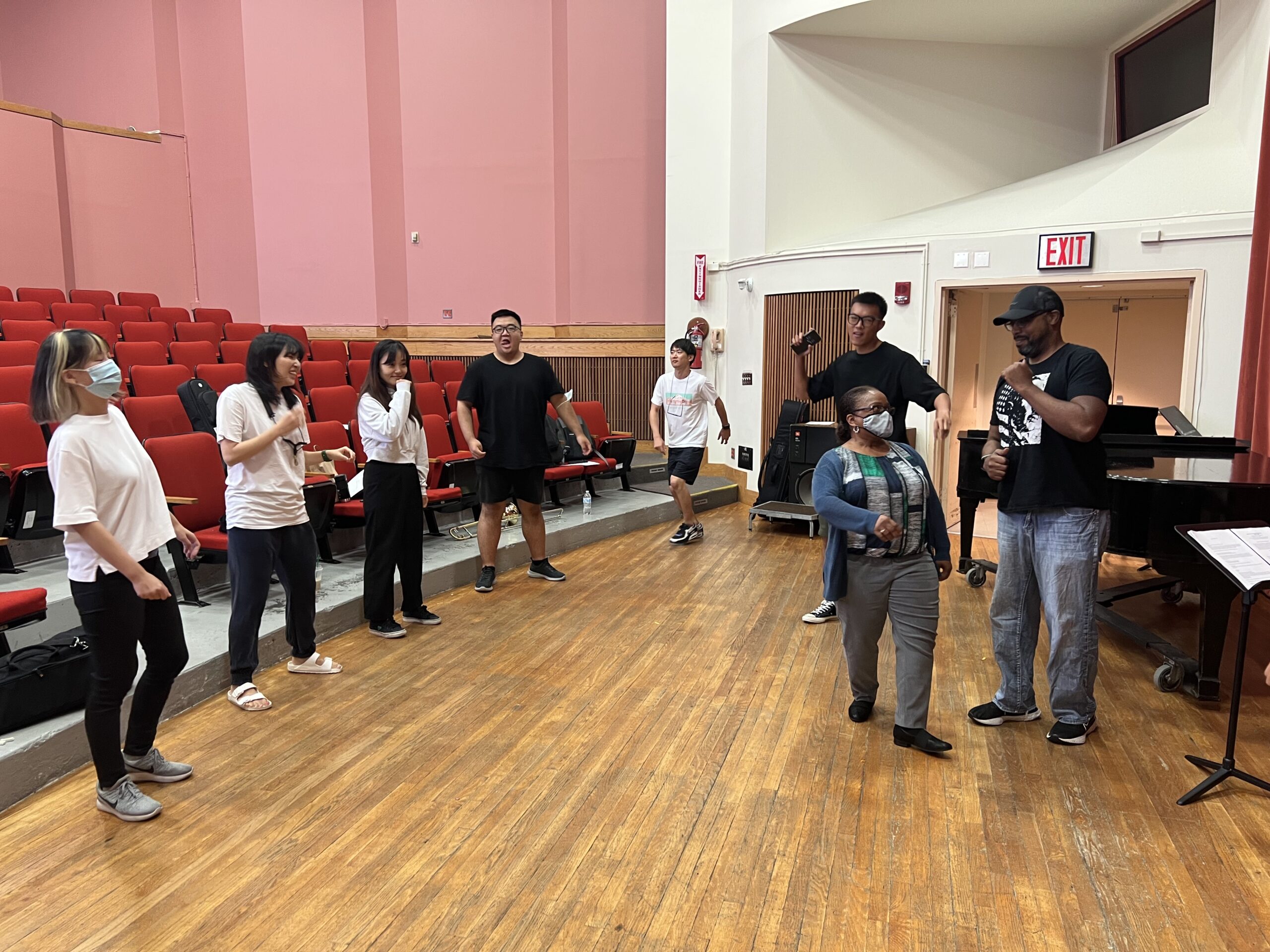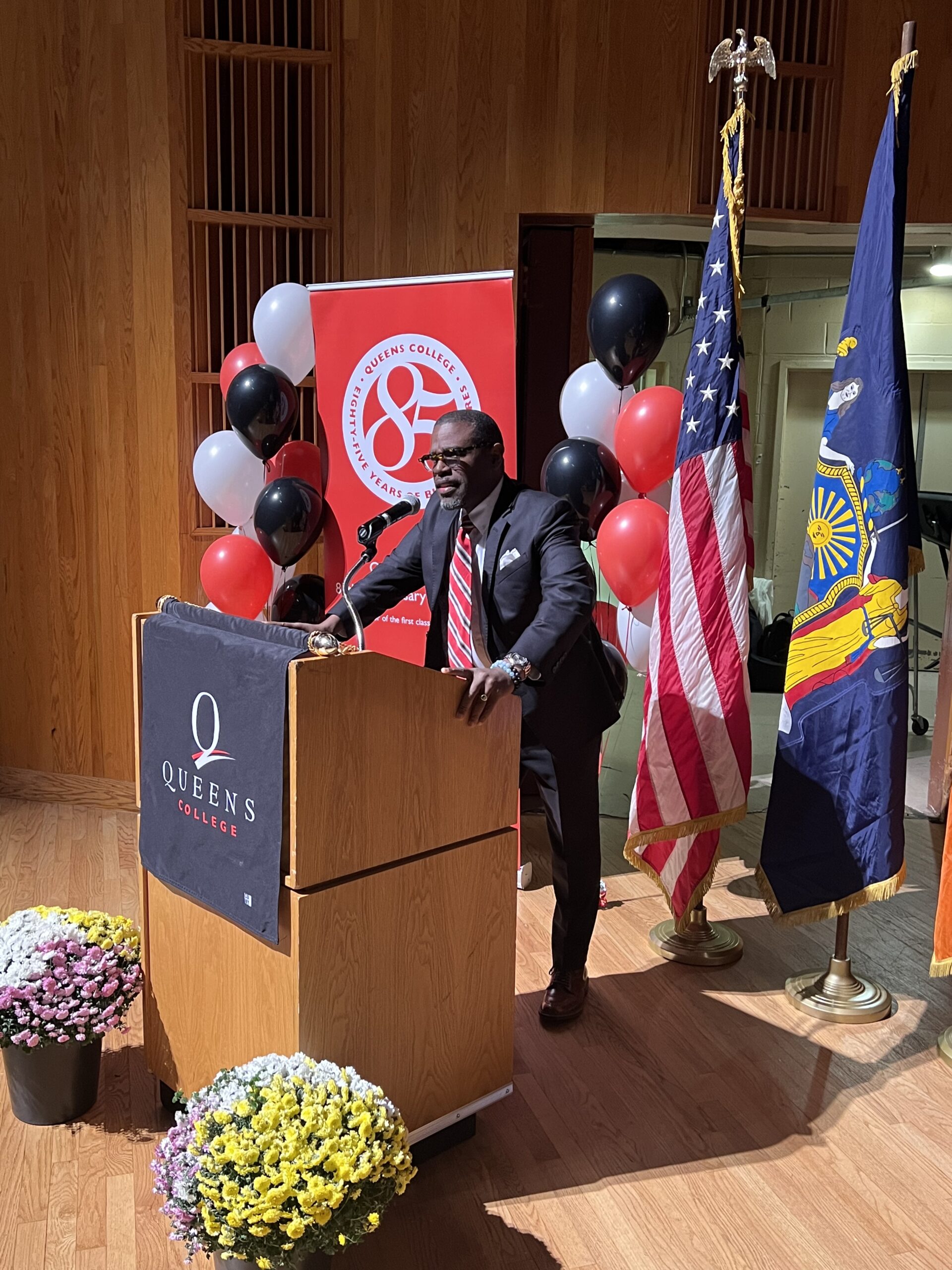8/8/2018
MUSIC IS LIFE, AND LIFE IS MUSIC!
Master Jimmy Heath
My work as a wind instrument player has taken many adventurous turns over the years, but one of my main tasks has been to work diligently at making myself familiar with as much of the History of Jazz as possible. One area of study that I continue to put a lot of time into is the history of the alto saxophone, my primary instrument. To really understand the legacy of the alto saxophone, I had to go back as far as I could to study alto saxophone masters. Obviously, I had to learn about Johnny Hodges, Benny Carter, Marshall Royal, Tab Smith, Earl Bostic, Charlie Parker, etc. This knowledge of history has aided in my understanding of the evolution of the alto saxophone in Jazz. As part of my study, I’ve transcribed solos, read biographies, listened to recordings, and watched videos. This detailed study taught me invaluable lessons in how the instrument should be approached. Now, I’ve used this knowledge to work on the development of my personal approach to playing the saxophone and teaching my students.
Throughout my career, my performance has been realized through the opportunity to play in bands with some true masters in Jazz. The Duke Ellington Big Band, The Mingus Big Band, The Dizzy Gillespie Big Band, The Arturo O’Farrell Big Band, The Gerald Wilson Big Band, and The two-time Grammy-winning Dave Holland Big Band. In The Dizzy Gillespie Big Band, I’ve had the opportunity to sit in the second alto saxophone chair next to the likes of Jerome Richardson, Jerry Dodgion, and the Great Frank Wess. These teachers gave me a wealth of knowledge that I know could not be learned in school. I learned how to breathe through the instrument, how to hold it correctly, correct posture, and how to produce a good sound with all the textures that are available to me. After 13 years in this band, I graduated to the first chair, thanks to my teachers. These experiences were important to me because the beginning of my career was in smaller ensembles, and historically the opposite was the norm: almost every soloist that we know in Jazz started out his or her career in a big band. This was where you had the opportunity to sit next to a master night after night. I’ve made it a point to be in these ensembles to get the knowledge directly from the masters and not rely only on books. Now, my approach on the saxophone is a combination of all that I’ve learned in these bands, developing an identifiable sound, a strong rhythmic concept, and a personal approach to harmony.
While studying at Queens College, I learned orchestration and arranging techniques that were used on several of my solo recordings. Also, while teaching at Queens College, I took Professor Mossman’s Arranging class to learn new techniques. Shortly thereafter, I was commissioned to write five arrangements (four original compositions and an arrangement of the Jazz standard “Stars Fell over Alabama” for the North Illinois University Jazz Program Big Band. I continue to get invitations from all over the world to perform, record and give masterclasses. This is happening because of the reputation I’ve earned over the last 20 years, the body of work I’ve created, my study of the Jazz tradition, and my passion for this art. I get quite a few e-mails and calls from students and professionals worldwide asking for advice on equipment for the saxophone, recording techniques, studying at Queens College, and what it takes to be a successful musician. I also look forward to exploring new avenues, including Gospel and contemporary music, publishing, and technology.
Although performing and touring have been the primary focus of my career, I have deeply engaged in education, which has become an essential part of my career. Teaching at Queens College has allowed me to become a more effective musician because I hear students all day long; therefore, my sensitivity as a player is heightened. It is a constant challenge to guide my students in three short semesters of graduate study. While I certainly benefit from my degree in music education, nothing prepares you totally for what you encounter in the classroom. An effective teacher must be the master of the material, but it is always a challenge to present the material effectively and engagingly, to offer valuable and instructive criticism, and to be prepared to improvise teaching strategy when the situation calls for it. My experience teaching at Queens has been one of self-discovery and growth, which I have enjoyed. I expect the adventure will continue.
All of my experience as a performer, recording artist, and composer directly inform my teaching. My experience over the years allows me to give my students direct contact with someone that has contributed to the Jazz community while continuing to be an active member of it. Also, the theories and techniques I teach to my students are drawn from years of working them out on the bandstand. Furthermore, as a graduate of the program, I feel a responsibility to help the program prosper and continue the tradition that Professor Jimmy Heath started.
I have taught a wide range of courses at Queens College: Jazz Improvisation, Combo Workshop; Jazz History; Saxophone Quartet; Private lessons, and Jazz Musicianship. This varied curriculum has provided me with the opportunity to think through the many facets of my life as a performing Jazz musician and communicate it to the next generation. I have learned much from my experience and from my students, and look forward to our continued growth together. It has also been a great pleasure to have such an excellent colleague in Prof. Michael Mossman.
